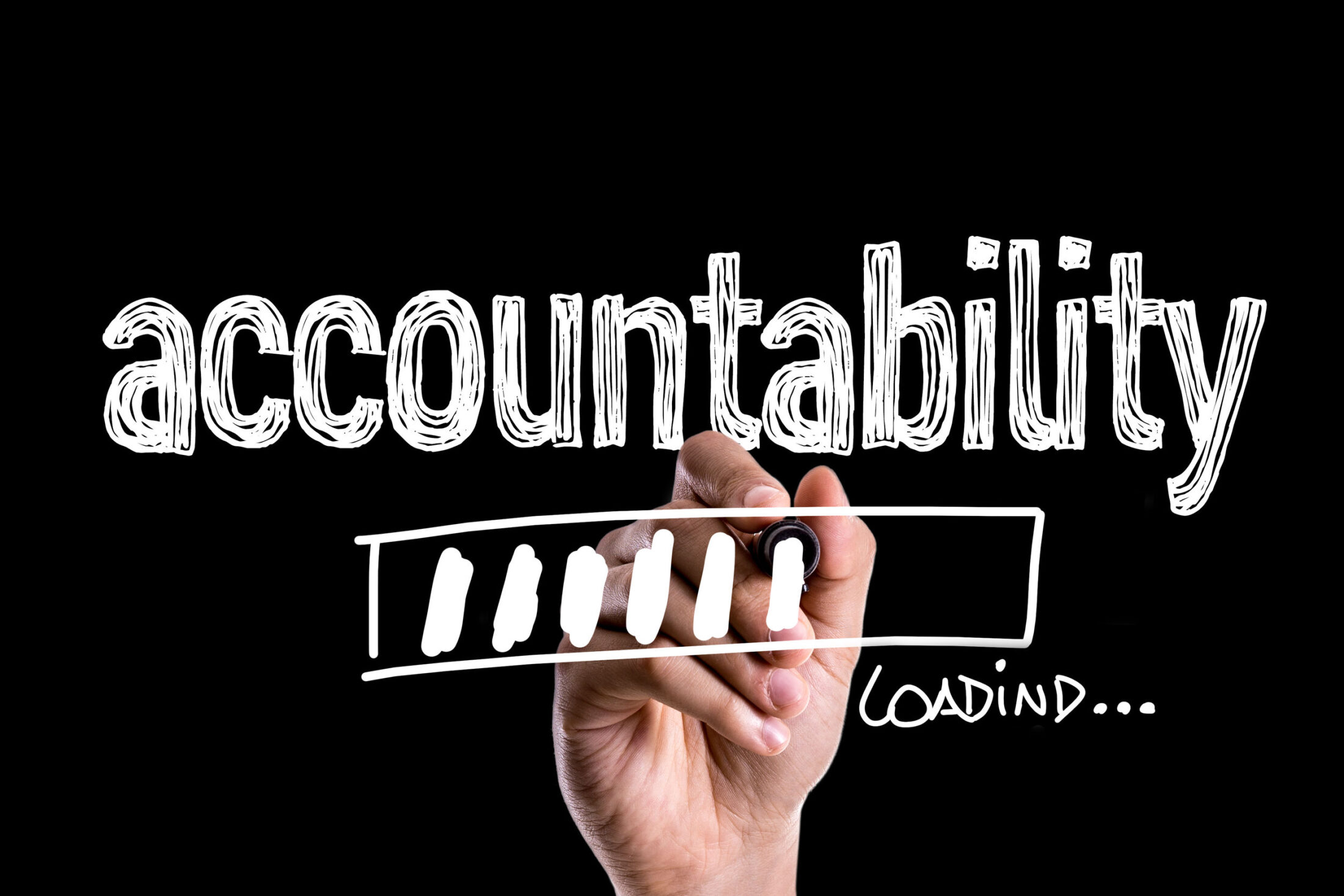
On Tuesday evening, as reported by 41 KSHB, the police found a man shot to death on what locals have taken to calling “The Felony Freeway,” namely Highway 71 as it rolls through Kansas City.
The man was found in his truck at 39th Street and Highway 71 after what police surmise was a rolling gun battle. This was business as usual in Kansas City. No names were mentioned in the article. It is possible that the media will never mention the name of the dead, let alone mourn the man behind the name, in part because these kinds of killings are all too common.
As local political science professor Ernest Evans points out, they have become much more common than they were just three years ago. This Evans attributes in no small part to what is called “the Ferguson effect”–named after the tragic shooting by a white officer of a young black man in Ferguson, Missouri, on August 9, 2014.
The numbers make the case for Evans. In the first eight months of 2014 there were 41 homicides in Kansas City, Missouri, but in the last four months after Ferguson, there were 41 more. In 2015 there was a yearly total of 112 homicides, and in 2016 there were 125 homicides. In sum, the homicide rate for 2016 was fully twice as high as that of the first pre-Ferguson eight months of 2014.
These homicides have been disproportionately claiming black lives. According to Evans, in Kansas City in 2014 there were 51 black homicide victims and 31 for other races. In 2015 there were 81 black homicide victims and 31 for other races, and in 2016 there were 99 black homicide victims and 26 for other races.
In other words, in 2014 blacks accounted for 62 percent off all victims, and in 2016, they accounted for 79 percent of homicide victims in a city that is 30 percent black. This trend resulted in 48 more black homicide deaths in 2016 than in 2014, and the media are mum on the phenomenon. Evans, however, is not afraid to speak out.
“In contemporary American society,” Evans explains, “police officers are required to do, on a daily basis, a most un-PC thing: Use force against black people. And, as any veteran cop can tell you, there is no such thing as a “nice take down”–they all look terrible on camera.”
Evans observes that if police officers are to do their jobs conscientiously in central cities they must have confidence that the media and the authorities will not betray their trust as they did Officer Darren Wilson in Ferguson.
“When they lack such confidence,” says Evans, “out of sheer self-survival they abandon their duties in black neighborhoods. Nature abhors a vacuum–so the gangs and the criminal elements take over the streets in these neighborhoods and violence explodes.”


